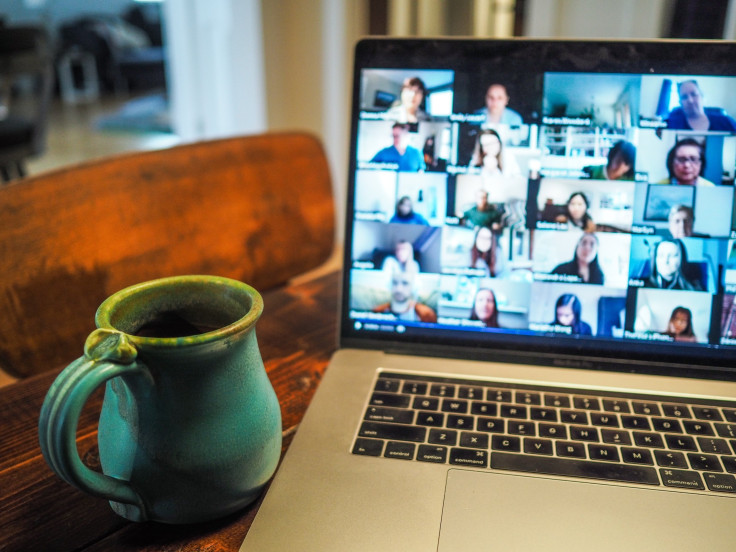Cameras Off? Some People Don't Mind Seeing Themselves On Screen During Virtual Meetings: Study
KEY POINTS
- Seeing oneself on screen is believed to adversely affect people's attitudes toward virtual meetings
- A study tested the assumption on people who have recently shifted to remote work or classes
- People who have low "public self-consciousness" didn't mind seeing themselves on screen
Does seeing oneself on screen during virtual meetings make the experience unpleasant? That may not be the case for some people, a new study has found.
Virtual meetings have become a part of the new normal since the pandemic began. Eventually, many people experienced "Zoom fatigue," wherein they feel exhausted and completely drained after video conferences. It is a "very real" condition that many have experienced, Healthline noted.
The fact that one can see oneself on screen is believed to contribute to the negative attitudes toward such virtual meetings, noted Kristine Kuhn, of Washington State University (WSU), who is the author of a new study published in Computers in Human Behavior.
To find out whether this "constant mirror" assumption is true, Kuhn surveyed two sets of people around the start of the pandemic in 2020. The participants included 80 newly remote employees from various parts of the U.S. and about 350 business college students who had shifted to remote learning, WSU noted in a news release.
The participants had to answer a variety of questions about their work or school meetings, as well as their feelings about them. They also had to complete an assessment of their public self-consciousness.
The study revealed that the correlation between people's overall attitudes about virtual meetings and how often they saw themselves during these meetings isn't exactly simple.
"In both studies, the association between frequency of self-view during meetings and aversion to virtual meetings was contingent on a dispositional trait: the user's degree of public self-consciousness," Kuhn wrote.
Seeing oneself frequently was associated with worse attitudes among those who were highly self-conscious, while "those low in this trait view virtual meetings more positively at greater frequency of self-view."
"Most people believe that seeing yourself during virtual meetings contributes to making the overall experience worse, but that's not what showed up in my data," Kuhn said in the WSU news release. "It depended on the individual."
The study only looked at the participants' emotional reactions to virtual meetings and did not take other factors into account, such as the meeting's effectiveness. The researcher noted that further studies on the subject are needed since such meetings are not likely to go away, with many shifting to hybrid work or study formats amid the pandemic.
Managers or teachers may need to take certain factors into account when considering "blanket rules" for using the camera during such meetings, WSU noted.
"It's just not really a one size fits all," Kuhn said, noting that what one prefers might not be "ideal for everybody."

© Copyright IBTimes 2024. All rights reserved.








